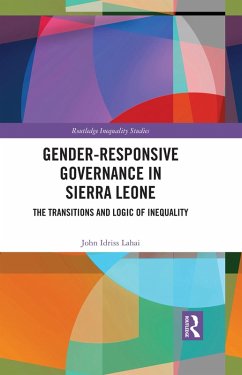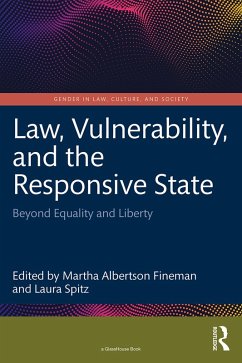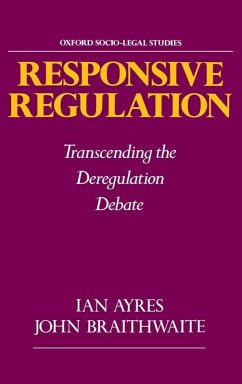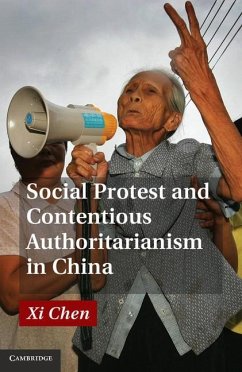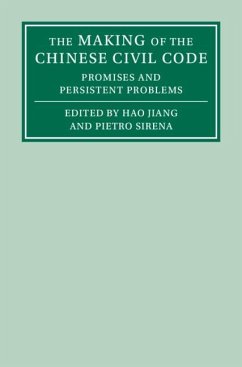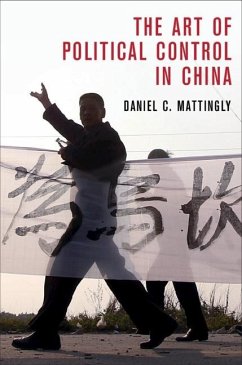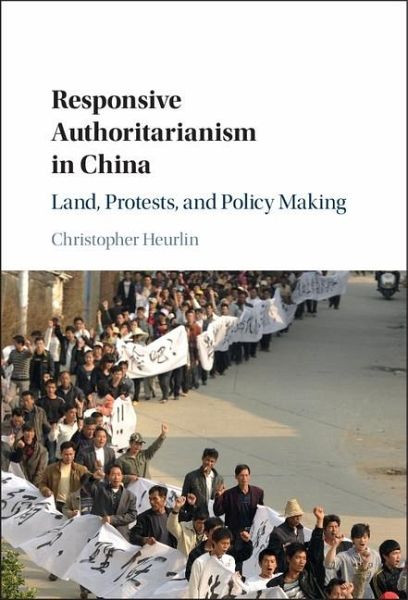
Responsive Authoritarianism in China (eBook, ePUB)
Land, Protests, and Policy Making
Versandkostenfrei!
Sofort per Download lieferbar
55,95 €
inkl. MwSt.
Weitere Ausgaben:

PAYBACK Punkte
28 °P sammeln!
How can protests influence policymaking in a repressive dictatorship? Responsive Authoritarianism in China sheds light on this important question through case studies of land takings and demolitions - two of the most explosive issues in contemporary China. In the early 2000s, landless farmers and evictees unleashed waves of disruptive protests. Surprisingly, the Chinese government responded by adopting wide-ranging policy changes that addressed many of the protesters' grievances. Heurlin traces policy changes from local protests in the provinces to the halls of the National People's Congress (...
How can protests influence policymaking in a repressive dictatorship? Responsive Authoritarianism in China sheds light on this important question through case studies of land takings and demolitions - two of the most explosive issues in contemporary China. In the early 2000s, landless farmers and evictees unleashed waves of disruptive protests. Surprisingly, the Chinese government responded by adopting wide-ranging policy changes that addressed many of the protesters' grievances. Heurlin traces policy changes from local protests in the provinces to the halls of the National People's Congress (NPC) in Beijing. In doing so, he highlights the interplay between local protests, state institutions, and elite politics. He shows that the much-maligned petitioning system actually plays an important role in elevating protesters' concerns to the policymaking agenda. Delving deep into the policymaking process, the book illustrates how the State Council and NPC have become battlegrounds for conflicts between ministries and local governments over state policies.
Dieser Download kann aus rechtlichen Gründen nur mit Rechnungsadresse in A, B, BG, CY, CZ, D, DK, EW, E, FIN, F, GR, HR, H, IRL, I, LT, L, LR, M, NL, PL, P, R, S, SLO, SK ausgeliefert werden.




